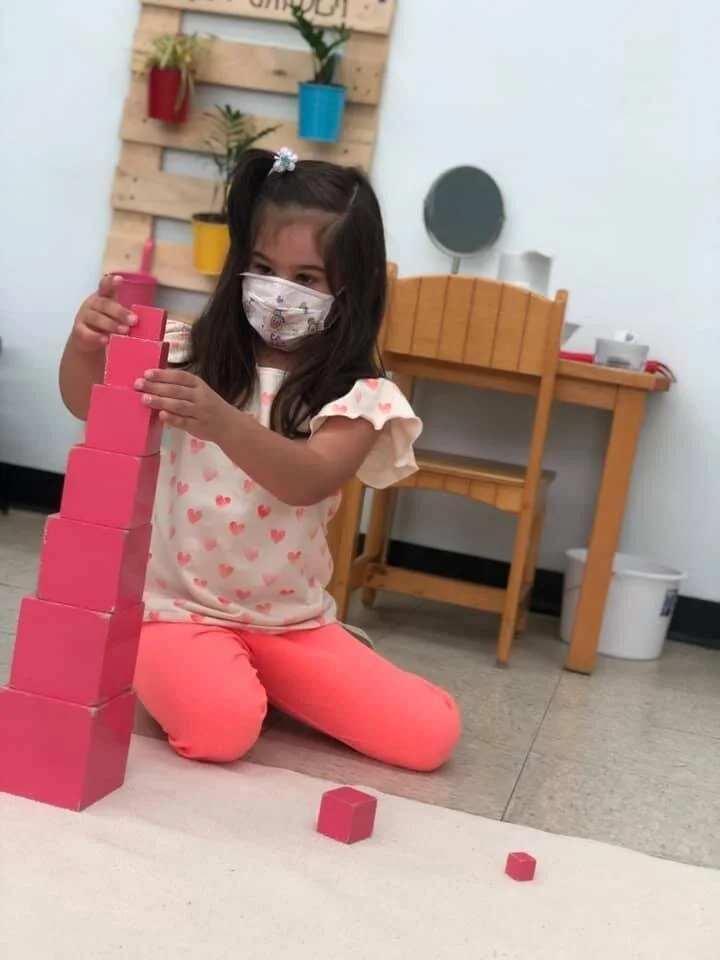Back to school in peace
Returning to in-person school is already a reality in the lives of families in Puerto Rico. Taking into account the historical and social context in which we find ourselves, it is clear that the next school year will be different and will again bring changes in the lives of our children and youth.
As always, it is important to prepare as families and as a community for the challenges that lie ahead.
According to Khiara Pérez Cintrón, Psychosocial Coordinator of the "Escuelas para la Paz" Program of the Instituto Nueva Escuela (INE), children imitate what they observe in adults, so what they transmit to them is key. "All the fears or concerns that parents may present are well valid, but it is key that at least in front of the child there is a positive and resilient posture. To the extent that they feel that security and see that things are working, they are going to be ok", she explains.
Here are some tips the social worker shared to help families return to school.
Avoid transmitting fear
"It is not advisable to expose children to adult conversations where they discuss or talk about difficult news, abrupt changes, decision-making. These could generate greater fear and/or insecurity in children," said Pérez. Many times adults unintentionally discuss these issues in the presence of minors and this should be avoided.
Talk about what their return to school will look like
While parents and caregivers should not overexpose children to information about the dangers and/or care of COVID, it is not recommended to leave them alienated. "Children must be given all the information that prepares them and gives them peace of mind, always in harmony with the stage they are in." By listening to them, answering the questions they ask us, establishing new routines and protocols with joy and security, we provide them with just what they need to feel safe.
Listening
"We must have that open conversation where as parents we listen to our sons and daughters. Knowing what those concerns are, if any, helps us attend to them calmly ... In that conversation, we validate everything they feel and even mom or dad can say 'I feel like this too' and help them identify those emotions. Perhaps the little ones can't express how they feel and may say things like 'my head hurts' or 'I feel like I want to cry' but together they can identify the emotions and name them", she explained. "To the extent that I, as a mother or father, can identify what my daughter is feeling, I can help her/him and tell her 'your feelings are valid', and explain clearly what they are going to face and how together they will overcome it."
Practice
It has been over a year since our students were told that their home was the safest place and that they should stay there. And although many are eager to go back to school, some may have separation anxiety, fear, among other emotions. To deal with this we can establish "gradual" times to practice separation and get together with other friends. This can be done within the same home in separate rooms, in open spaces in nature, or with the help of someone you trust who can watch over the children for a while. Also, explain to them, according to their level, how their school has been preparing and the scientific advances that have emerged during this time that allow that return. "It is important to let them know that we must trust the process, and the protocols established by their teacher-guide, to know that this is not going to happen overnight and that we must start practicing gradually," she added.
Be realistic
As caregivers, we can feel the urge to instill safety by repeating "everything is going to be fine." Our children and youth have witnessed that this is not always the case, and repeating these types of phrases can create distrust in adults. However, there are positive aspects that we can highlight, such as reminding them that they will be able to see their friends and guides, learn new things, and have that space for socialization that is so necessary. "Not everything is bad, although it will be in different circumstances," said Pérez, adding that with time we can seek strategies for this new reality. "For example, for a child who loves to hug, we can teach a safer greeting for everyone."
INE's "Escuelas para la Paz" program has a presence in 13 Montessori schools with its "Casa Familiar" project. During the pandemic, they have been able to extend their psychosocial services virtually to other school communities and they are always willing to channel any help that a family from the Montessori public school community may need.

